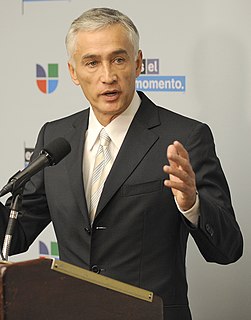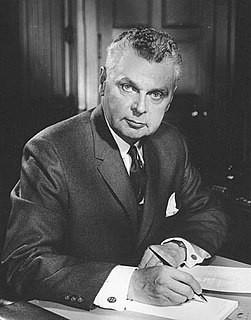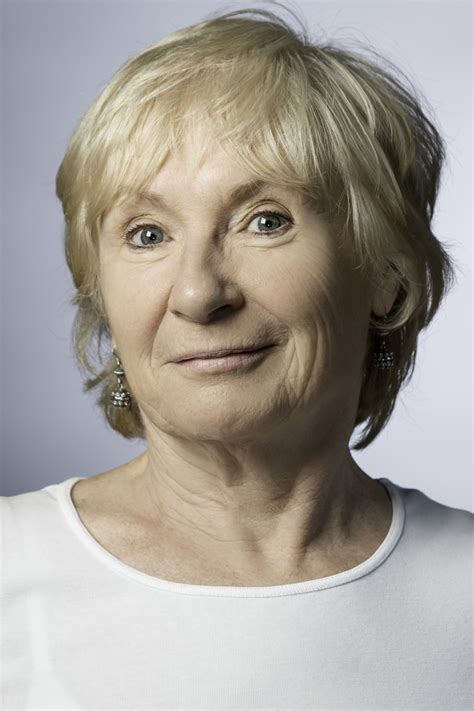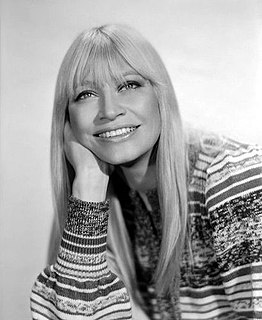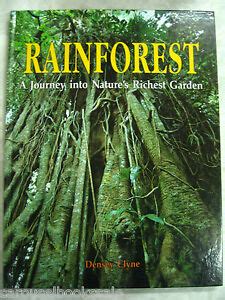A Quote by Jorge Ramos
When it comes to racism, discrimination, corruption, public lies, dictatorships, and human rights, you have to take a stand as a reporter because I think our responsibility as journalist is to confront those who are abusing power.
Related Quotes
When the United States stands up for human rights, by example at home and by effort abroad, we align ourselves with men and women around the world who struggle for the right to speak their minds, to choose their leaders, and to be treated with dignity and respect. We also strengthen our security and well being, because the abuse of human rights can feed many of the global dangers that we confront - from armed conflict and humanitarian crises, to corruption and the spread of ideologies that promote hatred and violence.
The core of human rights work is naming and shaming those who commit abuses, and pressuring governments to put the screws to abusing states. As a result, human rights conventions are unique among international law instruments in depending for their enforcement mostly on the activism of a global civil society movement.
We’ve learned that it will take more than one generation to bring about change. The fight for civil rights has developed into a broader concern for human rights, and that encompasses a great many people and countries. Those of us who live in a democracy have a responsibility to be the voice for those whose voices are stilled.
Our human responsibility for animal rights, plant rights, and the rights of the earth to its health and wholeness is self-evident. Whatever our beliefs about the hereafter we are the temporary custodians of the here-and-now, and if we neglect our obligations or abuse our powers then we abrogate any rights to a further share in this planet's delights.
Critical Race Theory offers of discrimination frameworks as ways of understanding and eradicating racism. The focus on "discrimination" as the way to understand racism in the US has meant that racism is considered a question of discriminatory intentions - whether or not somebody intentionally left someone out or did something harmful because of their biased feelings about a person's race. This focus on individual racists with bad ideas hides the reality that racism exists wherever conditions of racialized maldistribution exist.
